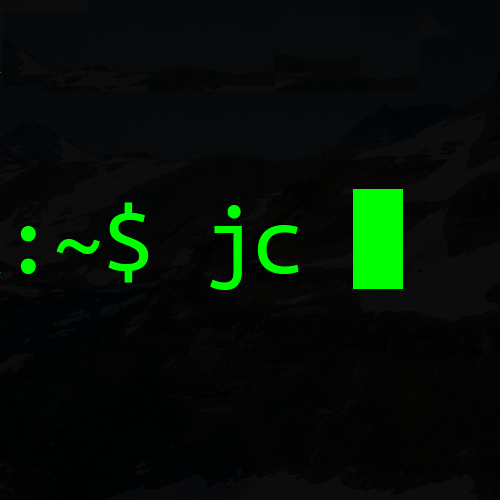So you want to do some freelance work and you’re not sure how much to charge your new client. The most important thing is to not underestimate your value - it frustrates me so much when I hear of a talented coder selling themselves short.
The calculation
When you work for yourself, it’ll be like your day job, except you keep the profit and take the additional time and cost overheads.
This calculation has worked well for me in the past, so I’m sharing it here. It’s so simple. I hope it can work for you.
Where:
- ‘2’ is my freelance multiplier.
- ‘252’ is the number of working days in a year - an estimate.
“Why is this based on my current salary?”
I assume you will be doing some work similar to your day job. This means that you can use your usual salary as a base unit for calculating your day rate.
If you don’t have a day job and all your income will be from self-employment, then I would guess that you will have an idea what your employed market value would be in the kind of business you’ll be selling your services to is.
“Why is the multiplier 2?”
Remember, the value of the work that you provide a company is greater than the amount that you are paid:
- In the UK, your employer pays an employment tax - Employers’ National Insurance Contributions.
- Your employer pays overheads as part of your employment which you might not be exposed to. The cost of your equipment, heating and lighting your work space, insuring you at work, payroll costs… All these overheads mount up and you will be taking these on when you’re working freelance.
- Any successful business must sell the goods or services at a profit. Therefore, if you’re contributing code to a project, then the future or immediate value of your contribution should be greater than your input for a business to be making a profit from you.
You can play with this number of course, but a factor of 2 has worked for me in the past.
One assumption is that you’re going to do this new project in your free time, probably on the weekends and evenings. Usually this would earn an overtime rate for someone on an hourly wage - usually double time or time and a half.
If you’re in the UK, more free time will be taken up managing a tax-return, paying HMRC for additional National Insurance Contributions, invoicing and keeping records. You need to ensure that this time is covered in some way by the income from your freelance work.
“What if my new client is too poor / too rich to afford £X?”
Of course, you’re perfectly allowed to adjust this if you want to give away some of your work at less than the market rate. Remember, your employer is already paying something along the lines of what you’ve just calculated for your time. Carefully consider how much you should adjust that for someone else.
In my previous businesses I’ve charged all clients the same basic rate for the simple reason that it’s easier on the books and my brain.
In the end
As you work more freelance jobs you’ll get a feel for what’s suitable and what’s not.
I hope this has been helpful.
Good luck!
